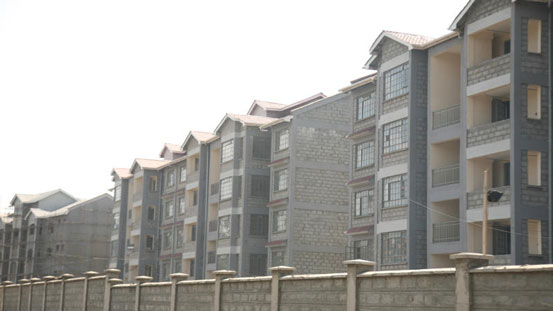Privatisation Act 2025 is constitutional, High Court rules
Judge says petitioners failed to discharge the burden of proving a constitutional violation, and thus, the Privatisation Act 2025 is hereby declared constitutional and valid in its entirety.
Business








